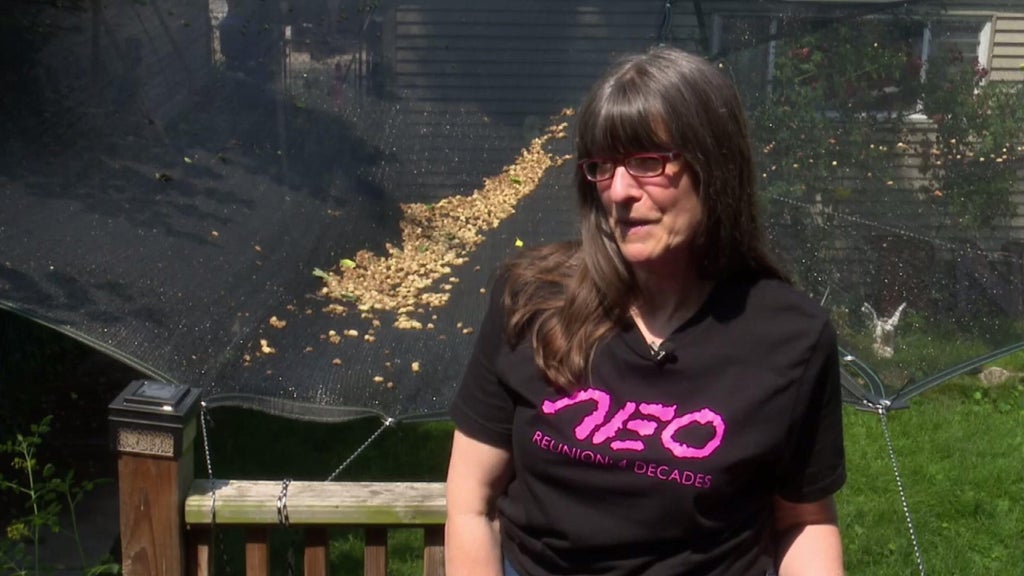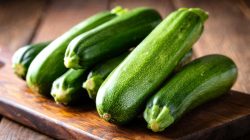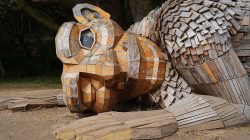A Growing Problem in Lincoln Square
In the heart of Chicago’s Lincoln Square neighborhood, a woman named Jane is facing an unusual and persistent issue. What began as a simple annoyance has turned into a significant problem that affects her daily life. The source of her frustration? A massive mulberry tree located on her neighbor’s property, which is dropping thousands of rotten berries into her backyard.
Jane, who never considered herself a farmer, has spent 28 summers collecting these berries. Her efforts have been nothing short of impressive—since June 14, she has gathered over 215 pounds of the fruit. However, these berries are not suitable for consumption or donation. Instead, they attract a variety of wildlife, including pigeons, bees, fruit flies, and most notably, rats.
The presence of these animals has created a mess in Jane’s yard. She described the situation as unsanitary, with rat feces scattered throughout the area. The smell is overwhelming, reminiscent of “old beer” or “fermented wine.” The berries fall for about six weeks straight, rolling around in nets and on the ground, making it difficult to manage the mess.
The tree in question is so large that some of its branches are supported by metal structures. Jane expressed concern that a sudden storm could cause the branches to fall, posing a safety hazard. Despite her concerns, the city has limited options because the tree is on private property.
When Jane reached out to Ald. Matt Martin (47th), she was told that the city cannot compel the neighbor to remove the tree. While the city allows homeowners to trim branches that encroach on their property, Jane explained that the issue lies with the entire tree.
This situation is not unique. In 2021, a similar case involved Roula Savakis from Chicago’s Peterson Park community. She cut back trees blocking her windows, leading to a legal battle with her neighbors. The case eventually resulted in Savakis selling her home to the tree owners.
Experts believe the tree in question is a white mulberry, a species introduced to the U.S. during colonial times for its role in silk production. Although not officially classified as invasive in Illinois, it is considered weedy and problematic by some land managers. The Morton Arboretum lists it as a “problem plant,” a label that fits Jane’s experience perfectly.
Jane emphasizes that this is not just an aesthetic issue but a health and safety concern. As berry season comes to an end, she wonders if she will face the same challenges next year. CBS News Chicago visited the tree owners but received no response.
The city can issue citations for public nuisances, but Jane’s situation does not meet the criteria outlined in the ordinance. According to the guidelines, a public nuisance includes trees that interfere with street lighting, visibility, or pose a safety hazard. While Jane’s case involves a significant mess, it does not qualify for fines under current regulations.
As the season ends, Jane remains hopeful that the issue will be resolved. For now, she continues to collect the berries, managing the mess while hoping for a solution that will allow her to enjoy her backyard without the constant threat of falling fruit.







